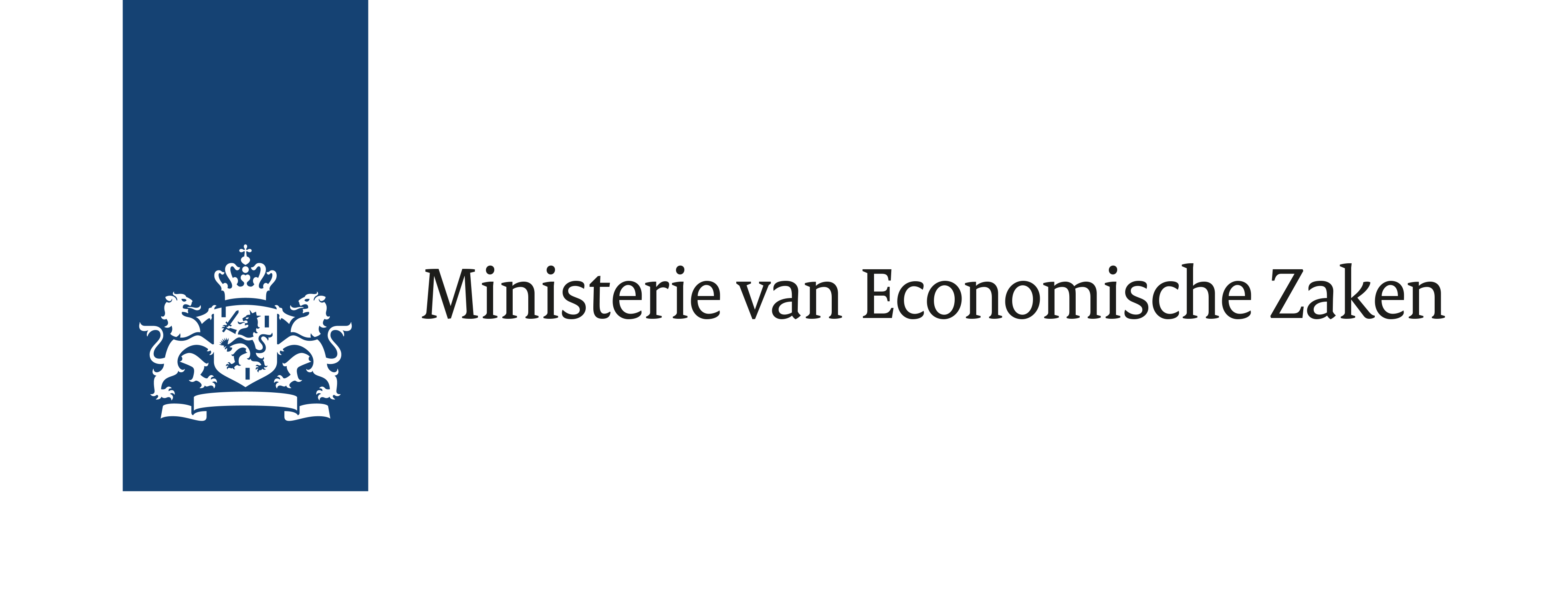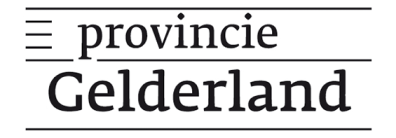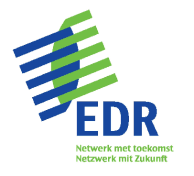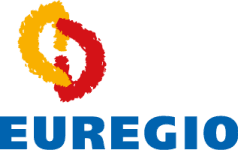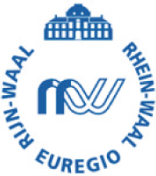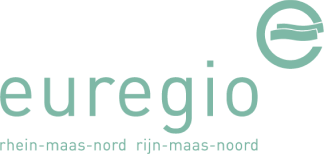This project focuses on developing an innovative and scalable technology for decolorizing and recoloring polyester textiles using supercritical CO₂ (scCO₂). This enables a fully circular textile chain within the textile-to-textile and banner-to-banner recycling principle. The technology prevents dyed polyester textiles from being incinerated or landfilled after use and allows for high-quality recycling without the use of water or harmful chemicals. To put this into numbers: in 2022, polyester accounted for approximately 54% of the global fiber market, with a volume of around 63.3 million tons, most of which are currently incinerated or landfilled after use.
The goal of the project is to develop and validate a sustainable decolorizing method that makes recycled polyester suitable for reuse in clothing and textile products. This tackles one of the biggest challenges in textile recycling: removing dyes to enable the reuse of textiles without limitations in color options.
The end results include:
- A decolorizing machine for decolorization using supercritical CO₂.
- New circular textile products, such as newly colored recycled polyester for clothing and reused banners.
- Life cycle analysis (LCA) and cost analysis to quantify ecological and economic benefits.
- Demonstration projects and market validation aimed at the commercial application of the technology.
Through cross-border collaboration between the Netherlands and Germany, the project contributes to a more sustainable textile industry with lower CO₂ emissions and more efficient resource use.

